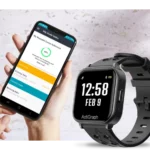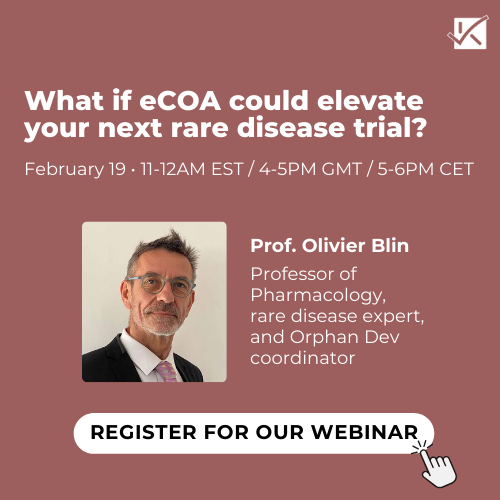The patient’s role in clinical trials, as well as the general image of patient care, is evolving. The patient is increasingly involved in his/her treatment options and asked his/her opinion. This can be referred to as ‘patient engagement’ and clinical research needs to adapt to this new mentality via the eICF.
In this context, the first step into a clinical trial is crucial, and the Informed Consent Form represents the first stage of patient engagement.
The Informed Consent Form: a lack of understanding between patients and doctors
Several studies have recently shown that misunderstandings exist between patients and their doctors, especially when it comes to the Informed Consent Form.
-
Reminder of the “FDA guidance for ICF” in 2014
- Description of the clinical investigation
- Risks and treatment discomforts
- Treatment benefits
- Alternative procedures or treatments
- Confidentiality: feel more comfortable about reporting, e.g., outcomes, AEs
- Compensation and medical treatment in the event of injury
- Contact information for questions
- A patient understanding that participation is voluntary
- The whole number of patients in the study
- A proof of comprehension is not a requirement.
-
Disadvantages of the paper Informed consent form
· Long (often more than 20 pages!)
· Mix of complicated medical and legal terms
· The patient often signs to please the clinician but is not convinced by the content and doesn’t necessarily feel fully involved in the clinical research
· The investigator often doesn’t find time to completely explain the content and can consider the patient’s consent simply as a signature on a piece of paper.
Why does patient engagement play a crucial role?
-
Patient engagement in healthcare
Modern health care is complex and many patients struggle to obtain and understand even the most straightforward healthcare information and services. Many patients lack literacy regarding their healthcare or a true understanding of their medical conditions.
Patients with a low level of healthcare literacy find it difficult to follow instructions on how to care for themselves or to follow a self-care regimen, such as taking their medicines in a timely manner.
However, it has been proved that patients who are actively involved in their healthcare tend to have better outcomes.

-
Why would it be different in clinical research?
Many studies have shown that patients included in clinical research are not compliant with the requirements of the study, often due to a lack of comprehension of the Informed Consent Form.
This low level of engagement leads to reduced quality outcomes, including missing or incorrect data due to factors such as missed visits, incomplete forms, poor compliance with scheduled drug intake, and poor adverse event reporting.
Furthermore, research protocols are too often unrealistic and not comprehensible to patients who want to understand the research in which they are participating and its benefits.
What does the eICF add to the field of clinical research?
-
The end of “doctor says, patient follows”
In clinical research we are no longer in the “doctor says, patient follows” era. The patient increasingly wants to take an active part in his/her healthcare, to be aware of its benefits, and to understand all aspects of what he/she is being asked to do. In this way, patients are increasingly engaged with the study protocol.
Data is no longer simply taken from the patient: rather, the patient is asked to participate in the production of his/her results. This changes everything!
-
Benefits of eICF
Over the last 20 years, several studies have shown the benefit to the patient of the provision of information regarding his/her medical condition. Additionally, computer-assisted explanation of informed consent has been shown to be beneficial for patients, and currently the use of the eICF in clinical research is increasing.
The main aim of this new format of informed consent form is to increase patient comprehension, and so to increase their active engagement in clinical trials.
eICFs have several advantages: the patient can watch videos that explain the clinical trial process and provide further information on elements of the particular trial. During or after the video patients may be questioned to assess their retention of the information that was provided. To reinforce the learning process, any incorrect answer that a patient may give can be visually corrected on screen to show the correct answer. Once the video and assessment are complete, the patient can have access to a digital screen copy of the ICF for reference.
Tablets provide an additional opportunity to use a built-in dictionary functionality, allowing patients to look up definitions of terms used within the ICF.
During this process, patients can note down any question they would like to discuss further with the investigator.
Several languages can be chosen for the consent form.
Afterwards, patients can review the consent form at home and share with family or caregivers.
Entering a clinical trial is not free of risk for a patient. He/she must feel that the trial is going to provide benefits and that the latter is part of his/her healthcare plan. It is important for the patient to understand that he/she is fully involved in this healthcare plan.
The eICF is one of the first essential elements for patient engagement, but we need to go further with the development of other eCOA tools.
Sophie ALTHUSER, Kayentis Project Manager














